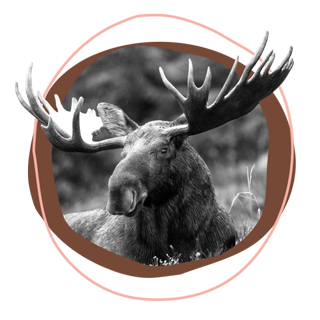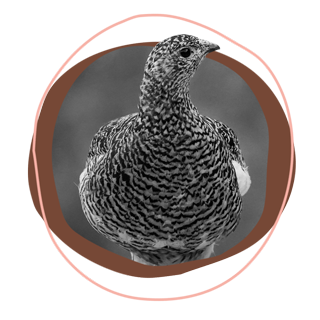Ban on hunting
The „Źródła” Association is committed to empowering landowners by simplifying the process of prohibiting hunting on private land. We provide support to individuals whose rights have been violated by local hunting clubs and advocate for the safety of those enjoying outdoor activities such as hiking or mushroom picking. Our core belief is that all animals deserve respect, humane treatment, and protection from cruelty. Together, we can work towards a future where wildlife and humans coexist harmoniously, and where ethical treatment of animals transcends borders.
Our articles in English
- Hunting on Private Land – What Do Poles Think?
- Commercial Hunting in Poland
- Overview of Hunting Governance Models in EU
- Case Study: Ban on Hunting with Children
- The Story of the Fight for a Forest Without Hunting
- Italian Public Strongly Opposes Hunting
- The End of Hunting for 5 Bird Species in Poland
- Hunters in Parliament: an Invisible Network?

Understanding Hunting Regulations in Poland: A Brief Overview
Hunting regulations in Poland trace back to the Hunting Act of 1959, introduced under communist rule. Under this legislation, wild animals are considered state property, and the government oversees "game management," determining which animals are bred or culled. Unfortunately, property rights often take a backseat to forest and game management priorities, and subsequent reforms, including the 1995 Hunting Act, have done little to address these imbalances.
Poland is divided into "hunting districts," which span both public (e.g., state forests) and private lands (e.g., forests, meadows, and arable fields). Only members of the semi-governmental Polish Hunting Association (PZŁ) have hunting privileges. Local PZŁ clubs pay minimal fees to local authorities or state forest administrators while landowners neither benefit from this system nor, in most cases, have the right to refuse hunting activities on their property. Hunters may enter private land without consent, set up hunting equipment, and shoot animals. Farmers often face inadequate compensation for crop damage caused by wild animals, as some hunting clubs focus solely on attracting trophy hunters, often from abroad, by artificially inflating wildlife populations through winter feeding.

Steps Toward Progress: Legal Challenges and Reform (2014–2020)
In 2014, the Constitutional Tribunal ruled that parts of the 1995 Hunting Act violated constitutional principles by failing to allow landowners to voice their opposition to hunting on their land. This landmark decision paved the way for the "Źródła" Association to advocate for change. After a lengthy legal battle, our association succeeded in excluding its own forest property from a hunting district in 2016, setting a precedent that inspired hundreds of other landowners to challenge hunting district boundaries.
By 2018, amendments to the Hunting Act were introduced to align with the tribunal's ruling. Landowners were given 21 days to submit comments regarding hunting districts on their property. Unfortunately, none of the submitted comments were acted upon, and areas previously excluded by court rulings were once again incorporated into hunting districts. Despite this setback, the movement we helped ignite underscores the power of collective action in pushing for systemic change.

Prohibiting Hunting on Private Property: A Path Forward
In light of a significant ruling by the European Court of Human Rights in the case of Herrmann v. Germany, landowners in Poland now have a formal mechanism to prohibit hunting on their private property. By submitting a declaration to the local administrative office (Starostwo), landowners can legally ban hunting on their land. While hunters may still enter these areas for certain activities (e.g., tracking or feeding animals), shooting is strictly prohibited.
Unfortunately, this provision is currently limited to individual landowners, excluding associations and businesses. It also involves logistical challenges, such as requiring all co-owners of a property to appear in person to file the declaration. Moreover, those who opt for this ban forfeit their right to compensation for wildlife damage. Despite these hurdles, more than 1,000 declarations had been submitted by 2021, demonstrating the growing interest in ethical land stewardship. At "Źródła," we provide legal guidance to those wishing to take advantage of this opportunity.

A Call for International Solidarity
The challenges we face in Poland resonate with broader global concerns about balancing conservation, ethical treatment of animals, and property rights. We invite individuals, organizations, and policymakers worldwide to collaborate, exchange ideas, and advocate for systems that prioritize animal welfare and respect for landowners. Together, we can create a future where environmental stewardship transcends borders, building a world where wildlife and communities thrive side by side.


